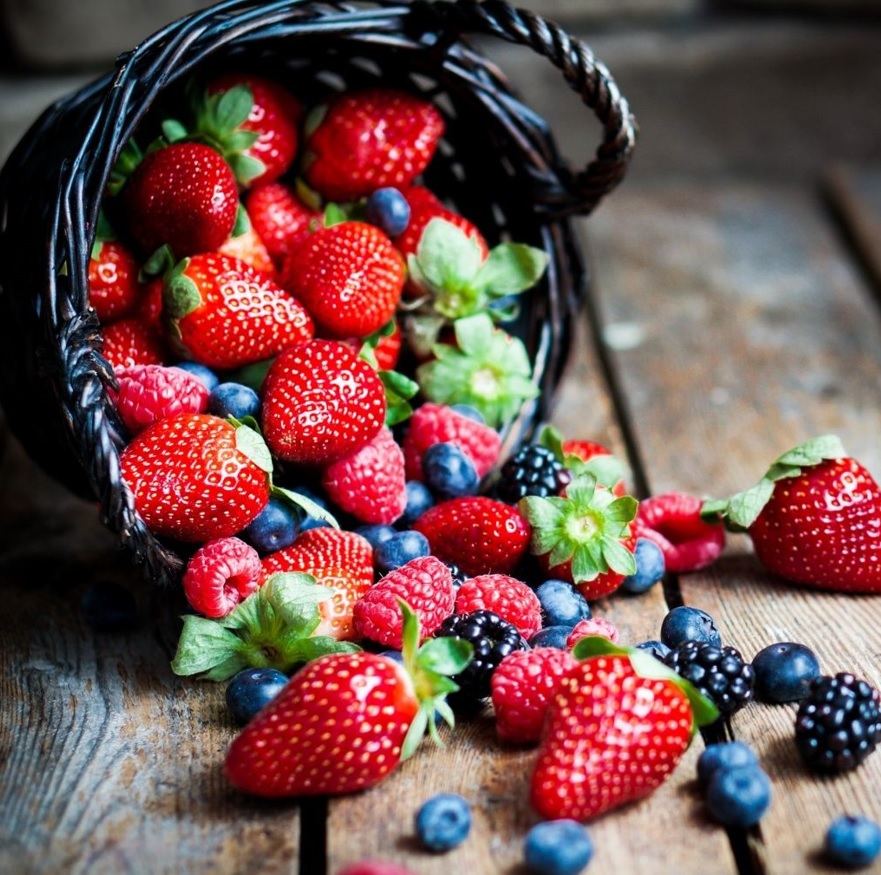
A recent study, named DIRECT PLUS, conducted controlled trials on 256 randomized patients with obesity and was published in BioMedCentral. This study has measured the impact of polyphenols in attenuating biological age.
The research utilized epigenetic age as a measurement reference, acting as an estimator of biological age. This method calculates the functional age of each cell in the organism based on DNA methylation. The study highlighted the discrepancy between chronological age and epigenetic age, justifying further exploration. It was then revealed that polyphenol intake benefits ectopic fat, brain function, and gut microbiota profile, supporting the need to examine polyphenol-rich dietary interventions and their connection to biological aging.
The study spanned 18 months, and three dietary interventions were implemented, offering patients healthy dietary guidelines, a Mediterranean diet (MED), and a Green-MED diet. The Green-MED diet encouraged the consumption of polyphenols and the reduction of red or processed meat. All MED groups consumed walnuts, while the Green-MED group incorporated green tea and Mankai green smoothie, a type of lentil grown in water.
Results
Initial chronological age significantly correlated with several DNA methylation-based aging clocks. Although all interventions showed positive results, greater adherence to the Green-MED diet was associated with a more significant attenuation of the biological age in individuals following this feeding method.
The study revealed that the most substantial attenuation of biological age, especially in the Li mAge clock, is linked to the high consumption of polyphenols, which were reflected in the urine of the study participants. This demonstration underscores the vital connection between a diet rich in polyphenols and the attenuation of biological aging. This study marks a milestone as the first clinical trial to suggest a potential link between polyphenol intake, urinary polyphenols, and biological aging. This finding is particularly relevant for Bayas del Sur since all our berries are high in polyphenols, making them the perfect complement to enhance people’s health and well-being.


